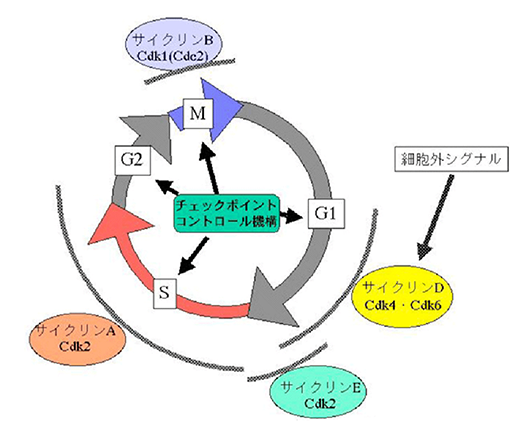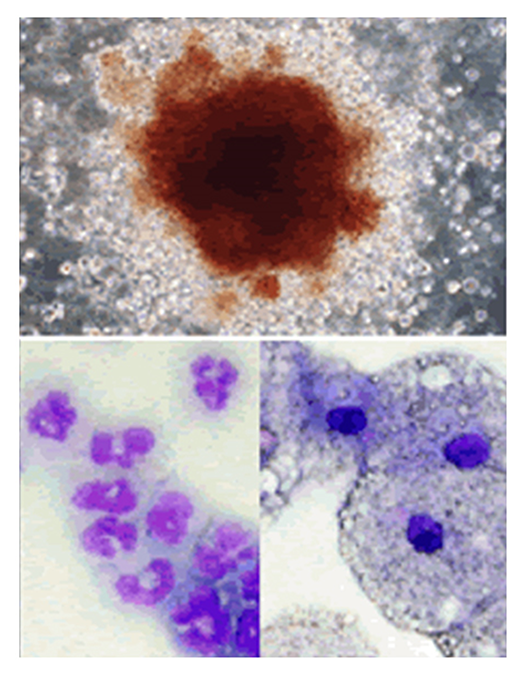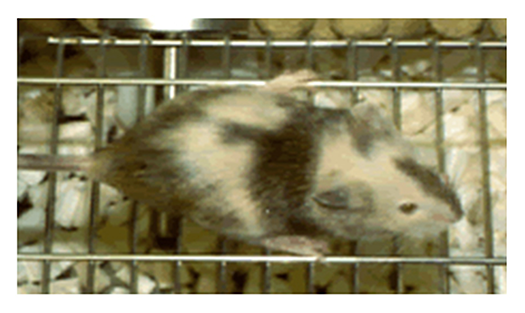Tumor Cell Biology
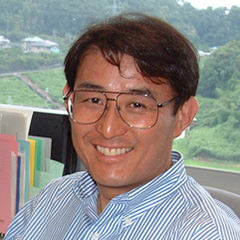
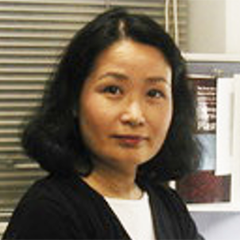
- Professor
- KATO Jun-ya
- Associate Professor
- KATO Noriko
Outline of Research and Education
We focus on the molecular mechanisms controlling proliferation, differentiation, and death of mammalian cells, and study the connection between cell cycle progression and oncogenesis, as well as differentiation, proliferation, and leukemogenesis in hematopoietic cells. These findings can be applied to regenerative medicine and cancer research. We use the following experimental systems:
- in vitro culture systems using mouse and human cell lines
- in vitro differentiation systems using ES cells and primary cultures
- mouse model systems using knockout and transgenic mice
Major Research Topics
Cell cycle control and oncogenesis
- Cell cycle control and oncogenesis: During the cell cycle, whether cells should proliferate or stop growing and prepare for differentiation is decided at the G1 phase. Therefore, we investigate the function of molecules that promote or inhibit the progression of the G1 phase such as cyclins, Cdks, Cdk inhibitors, and Rb tumor suppressor gene products (Fig. 1).
- Checkpoint control: The checkpoint mechanism is a means of monitoring and controlling the progression of the cell cycle. The central role in this checkpoint mechanism is played by the tumor suppressor gene product, p53. Recently, members of the p53 gene family, p63 and p73, have been identified. We are interested in the role of these molecules not only in oncogenesis, but also in the developmental program including morphogenesis (Fig. 1).
- Cancer and the cell cycle: Since cancer cells grow abnormally, they generally have abnormalities in the cell cycle control. We analyze the key molecules involved in cell proliferation, G1 regulation, and checkpoint control, and investigate the mechanisms involved in the abnormal growth of cells and cellular oncogenesis.
Leukemogenesis
We investigate the molecular mechanisms underlying leukemogenesis, focusing on AML (acute myeloid leukaemia), MDS (myelodysplastic syndromes), and CML (chronic myeloid leukaemia).
Hematopoietic stem cells
We perform studies on hematopoietic stem cells present in the bone marrow, with the aim of developing in vitro amplification methods for hematopoietic stem cells. The results of these studies can be of benefit to regenerative medicine as well as leukemia research.
References
- Kamitani N, et al., Sci Rep., 12, 22419, 2022
- Ito H, et al., J Clin Invest. 131, 12, 2021
- Lestari B, et al., Sci Rep., 9, 14867, 2019
- Yoshida A, et al., Blood., 122, 1750-1760, 2013
- Yoshida A, et al., Sci Rep., 3, 1054, 2013
- Kato JY and Yoneda-Kato N., Genes to Cells 14, 1209, 2009
- Yoneda-Kato N. et al., EMBO J., 24, 1739, 2005
- Tomoda K. et al., Nature, 398, 160, 1999
- Kato J-Y. et al., Cell, 79, 487, 1994

 NAIST Edge BIO
NAIST Edge BIO